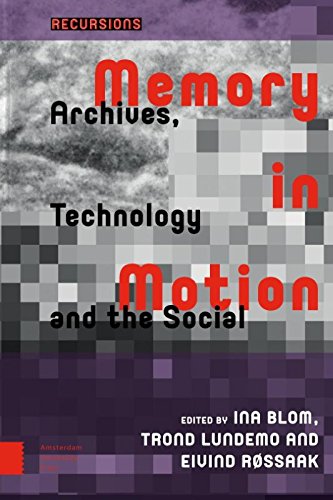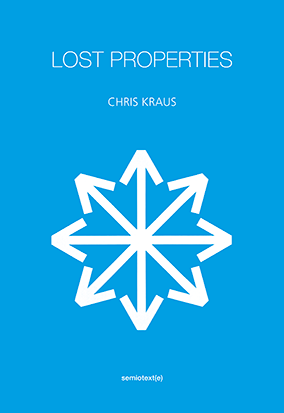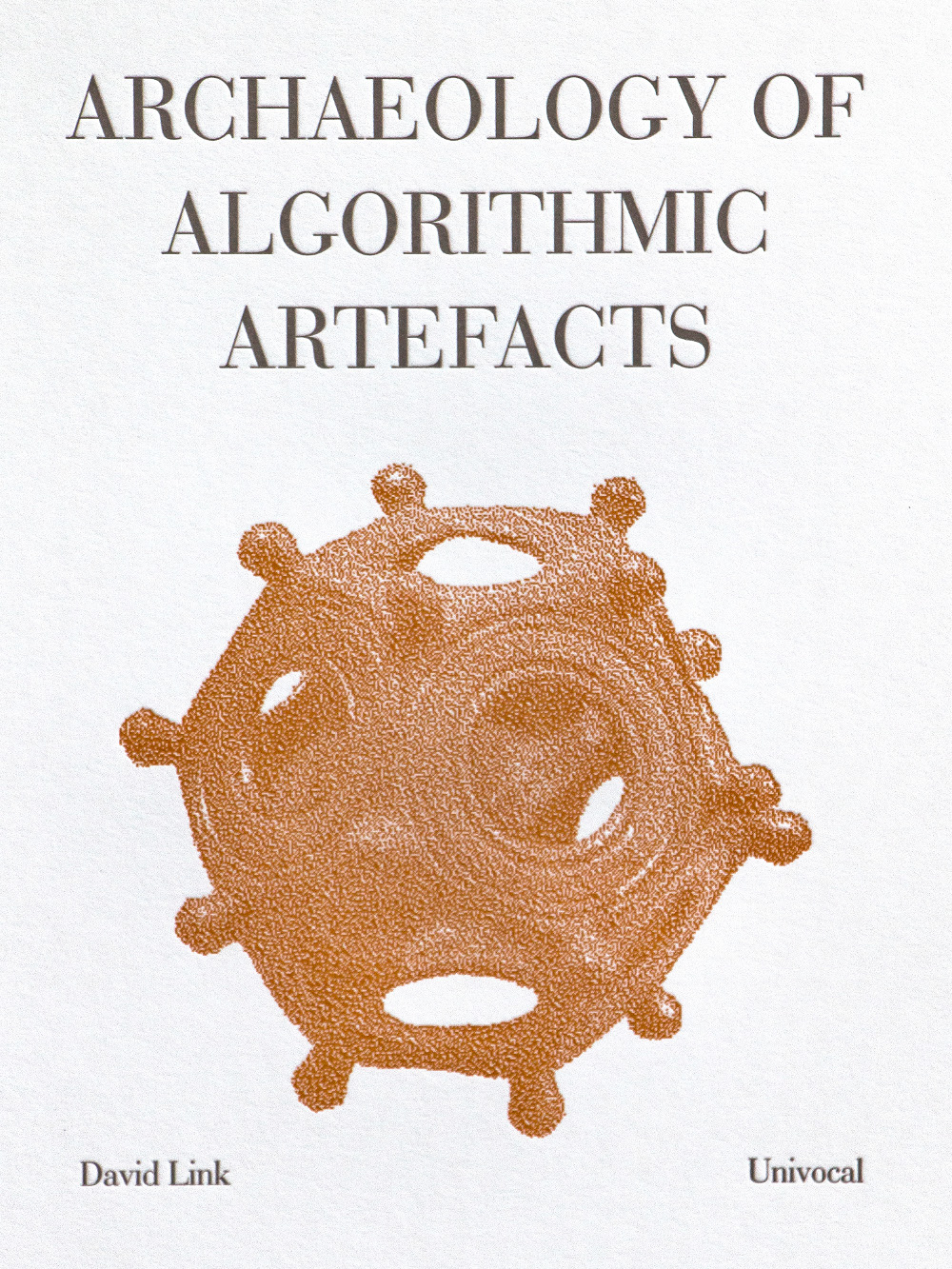Ina Blom, Trond Lundemo, Eivind Røssaak (eds.): Memory in Motion: Archives, Technology, and the Social (2016)
Filed under book | Tags: · archive, media, media archeology, memory, sociology, software, technology

“Sociology has long had approaches to describing the ways in which social memory is enacted through ritual, language, art, architecture, and institutions—phenomena whose persistence over time and capacity for a shared storage of the past was set in contrast to fleeting individual memory. But the question of how new media changes that equation is very much up in the air—how, in the age of digital computing, instant updating, and interconnection in real time, is social memory created and enacted? This collection offers a set of essays that discuss the new technology of memory from a variety of perspectives that explicitly investigate their impact on the very concept of the social.”
Contributors: David Berry, Ina Blom, Wolfgang Ernst, Matthew Fuller, Andrew Goffey, Liv Hausken, Yuk Hui, Trond Lundemo, Adrian Mackenzie, Sónia Matos, Richard Mills, Jussi Parikka, Eivind Røssaak, Stuart Sharples, Tiziana Terranova, Pasi Väliaho.
Publisher University of Amsterdam Press, 2016
Recursions series
Creative Commons BY-NC-ND 3.0 License
ISBN 9789462982147, 9462982147
332 pages
Review: Jan Baetens (Leonardo, 2017).
Comment (0)Chris Kraus: Lost Properties: Some Arguments For and Against the Dematerialization of Art (2014)
Filed under pamphlet | Tags: · art, art criticism, life

“Everyone wants to be an artist. The number of undergraduate students completing fine arts degrees at US colleges doubled in the years between 1985–2010, according to the Digest of Education Statistics. But being an artist doesn’t necessarily mean making drawings or paintings or sculpture or even installations or videos. The desire to pursue a life in ‘fine art’ simply means a desire to respond creatively to the present, just as the disciplines of ‘poetry’ or ‘rock & roll’ were ciphers for countercultural lifestyles in other eras. The only real difference lies in credentialing. As the definition of what constitutes ‘fine art’ expands to include journalism, social work, landscape architecture, theater, poetry, school-teaching, and literary nonfiction under the banners of ‘social practice,’ ‘research,’ and ‘art writing,’ institutions respond by offering specialized, low-residency degrees in these areas taught by itinerant, poorly-paid faculty. Participants travel between cities within and beyond Europe to dialogue about ‘communities’ during brief residencies.”
Publisher Semiotext(e), Los Angeles, 2014
Number 19 in a series of 22 publications produced on the occasion of the 2014 Whitney Biennial
ISBN 9781584351573
31 pages
PDF (no OCR, 4 MB)
Comment (0)David Link: Archaeology of Algorithmic Artefacts (2016)
Filed under book | Tags: · algorithm, apparatus, computing, history of computing, machine, mathematics, media archeology, theory

“Unearthing the cumulus of transient technologies that underlie the fabric of contemporary society
As historical processes increasingly become steeped in technology, it becomes more and more necessary for a discipline to emerge that is capable of comprehending these materialities beyond their shelf life to better understand the fields they inundate such as science, art, and warfare. This effort is further compromised by the inherent complexity and complete arbitrariness of technical languages – especially when they are algorithmic – along with the rapid pace in which they become obsolete, unintelligible, or simply forgotten. The Turing Machine plays a central role in the Archaeology of Algorithmic Artefacts, wherein the gradual developments of the individual components encompassed by this complex technology are placed within the context of engineering sciences and the history of inventions. This genealogy also traces the origin of the computer in disciplines such as mathematics, meta-mathematics, combinatorics, cryptology, philosophy, and physics. The investigations reveal that the history of apparatuses that process signs is in no way limited, as one might think, to the second half of the 20th century, rather it is possible that they existed at all times and in all cultures.”
Publisher Univocal Publishing, Minneapolis, 2016
ISBN 9781937561048, 1937561046
207 pages
Review: Lisa Gitelman (Computational Culture, 2017).
PDF (18 MB)
Comments (3)
